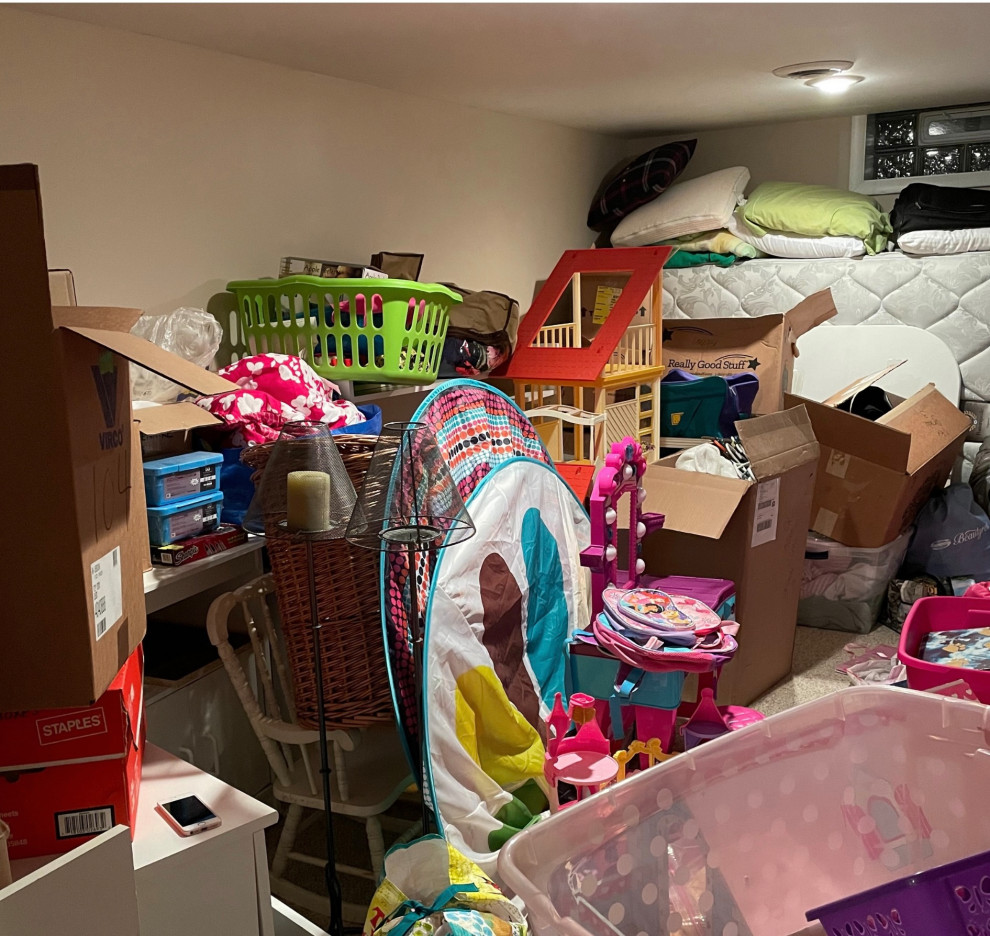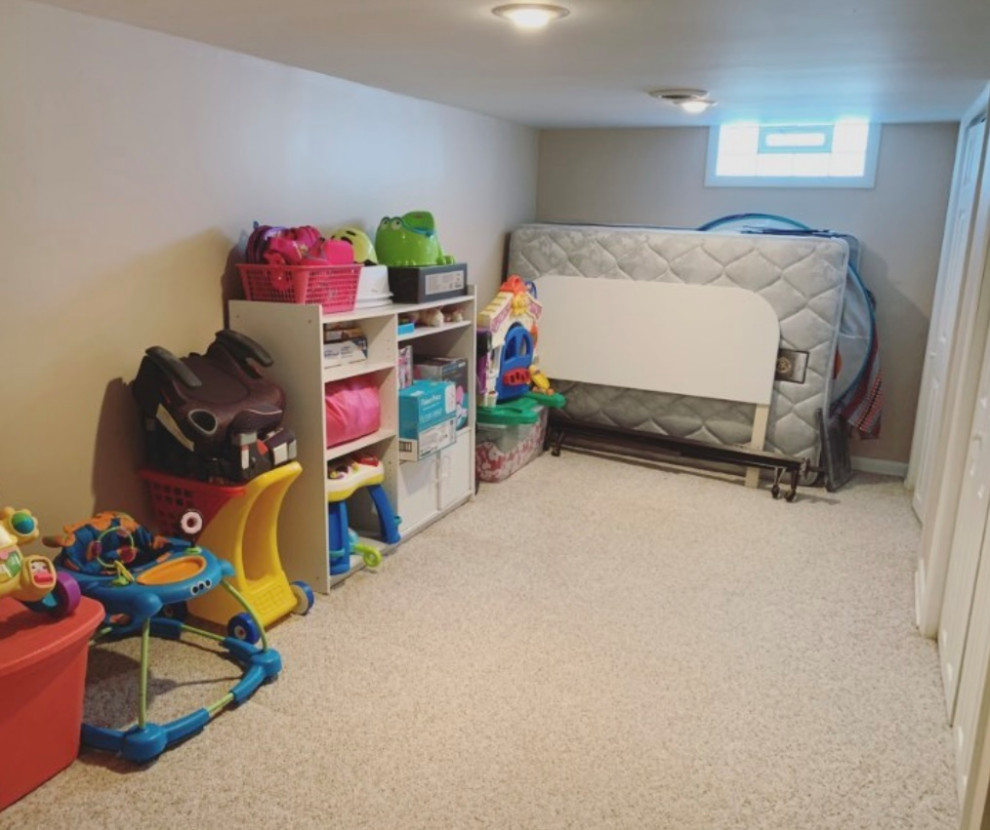What Your Clutter Says About You (In a Totally Non-Judgy Way)

We Get It.
Life is Busy, Messy, and Clutter Accumulates!
We often think of clutter as just “stuff”—piles, bins, and random objects taking up space. But in reality, clutter is much more than that. It’s a reflection of our lives: our routines, values, emotions, and even our good intentions.
At Simplify Buffalo, we believe in approaching clutter with curiosity rather than criticism. Because when we take a closer look, the things we hold on to can actually tell us a lot about what matters to us—and what we’re ready to let go of.
So this month, we’re digging into a few common “types” of clutter and exploring what they might reveal—not to shame or overwhelm you, but to offer a little insight (and maybe even a laugh or two) as you work toward a simpler, more intentional space.

So instead of judging the clutter (or yourself), let’s get curious. What kind of clutter do you have—and what is it really trying to tell you?
The “Someday I’ll Use It” Clutter:
This is the stuff tied to hopeful intentions—like the bread maker from your sourdough phase, unopened craft kits from your “I should start an Etsy shop” moment, or fitness gear that’s basically a coat rack. And those two-sizes-too-small jeans? Yep, them too. If this is your clutter, it shows you’re creative and future-focused. You believe in your potential and love being prepared for the next big idea. That’s a great mindset! The downside? When your space is full of “maybe someday” stuff, it starts to feel like a museum of unfinished projects. Your space should reflect the life you’re living now—not just the one you're dreaming about.
The Sentimental Stash:
This clutter is full of heart—baby clothes, grandma’s china, college notes, or bins of preschool art. You’re someone who values memories, milestones, and emotional connection. It’s beautiful how much you care. But when every object holds a memory, it’s easy to get buried in bins and overwhelmed by stuff that’s supposed to be comforting. Try picking a few items that bring you instant joy. Photograph the rest and create a digital album or memory box. You can honor the past without keeping every single piece of it.
The “But It Was Expensive” Items:
This clutter comes with a side of guilt. Think: that high-end air fryer you used once, a gorgeous bag that hurts your shoulder, or an unused course from your “new year, new me” phase. You’re thoughtful and money-conscious—two great traits. You just don’t want to waste what you spent. But holding onto things out of guilt won’t bring the money back. It just clutters your home and your head. Instead, try reselling or donating them. Let someone else get value from it. Your space (and peace of mind) are worth way more than an item you never use.
REVIEW OF THE MONTH
⭐️⭐️⭐️⭐️⭐️
"Amy and her team at Simplify Buffalo were absolutely amazing! They recently helped us organize our basement, and I’m still blown away by the transformation. What used to be an overwhelming and cluttered space is now clean, functional, and so thoughtfully arranged. Amy was professional, kind, and incredibly easy to work with. She really took the time to understand our needs and came up with practical systems that actually make sense for our family. Her team worked efficiently and respectfully, with an eye for detail and a calm, no-judgment attitude that instantly put us at ease. Thanks to Simplify Buffalo, our basement feels like a brand new part of the house—and one we’re actually excited to use! I can’t recommend them enough if you’re looking to take control of your space and finally get organized."
— C.B.
Google Review
Forget just “Sparking Joy”—let’s focus on what’s actually essential and keeps your mind clear. Take a quick look at stuff that doesn’t really serve you anymore, and then—boom!
Give yourself and Simplify Buffalo permission to let it go this Summer!
